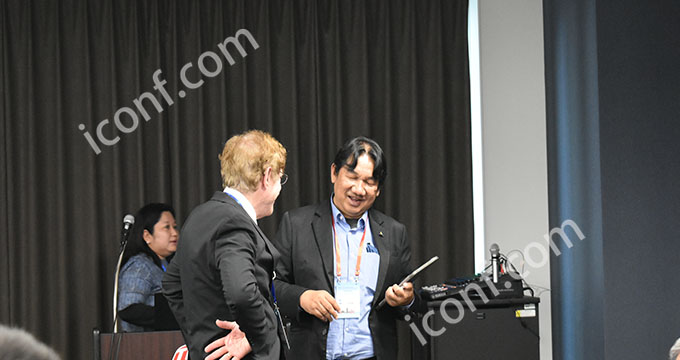

1937 views||Release time: Jun 16, 2025
For many researchers, especially newcomers, the term “conference indexing” can be confusing. Does it guarantee visibility? Is it the same as journal indexing? And most importantly—why does it matter?
This article provides a clear explanation of what conference indexing means, how it affects your academic reputation, and how platforms like iconf.com help ensure you choose the right indexed events.

Conference indexing refers to the inclusion of conference proceedings—the collection of accepted academic papers—in a recognized academic database or citation index. These databases archive and catalog the proceedings, making them:
Searchable to the academic community
Recognized for evaluation in research metrics
Citable and traceable in academic literature
In short, indexing enhances the credibility, visibility, and impact of your paper.
Different indexing databases serve different academic fields. Here are the major ones for conferences:
EI Compendex: Popular for engineering and computer science conferences
Scopus: Broad coverage of science, technology, social sciences, and medicine
CPCI (Conference Proceedings Citation Index): Managed by Clarivate; covers high-level conferences
IEEE Xplore: Widely used in electronics and computer engineering (papers here may also be indexed in EI or Scopus)
ACM Digital Library: For computing and IT-related fields
Each database has its own criteria for inclusion, and not all conferences are indexed.
Publishing in a conference that is indexed means:
Your paper becomes globally discoverable through academic search engines
It adds academic weight to your CV or institutional evaluation
The research gets tracked through citations, contributing to your impact as a scholar
Indexed papers are more likely to be recognized during job or funding evaluations
For graduate students or early-career researchers, it often determines whether the paper will be counted in performance assessments.
A few things to keep in mind:
Not all conferences are indexed, even if they appear “international” or large
Some may promise “possible indexing” but don’t guarantee inclusion
SCI does not index conferences—it’s for journals. For conferences, look at EI, Scopus, or CPCI
A paper accepted at a conference is not considered indexed unless the proceedings are uploaded to a recognized database
That’s why it’s important to verify the indexing information before submission.
Platforms like iconf.com make the process transparent by:
Listing conferences with clear indexing status (e.g., EI, Scopus, CPCI)
Avoiding vague or misleading index claims
Offering conference filtering by index type, topic, and region
Helping you find submission details, deadlines, and paper requirements in one place
This reduces the risk of submitting to non-indexed or low-impact conferences.
Conference indexing plays a vital role in amplifying the reach and value of your academic work. By understanding what it means and knowing which databases to look for, you can make smarter submission decisions. Using tools like iconf.com ensures that you select conferences that not only fit your research area but also offer real academic recognition.